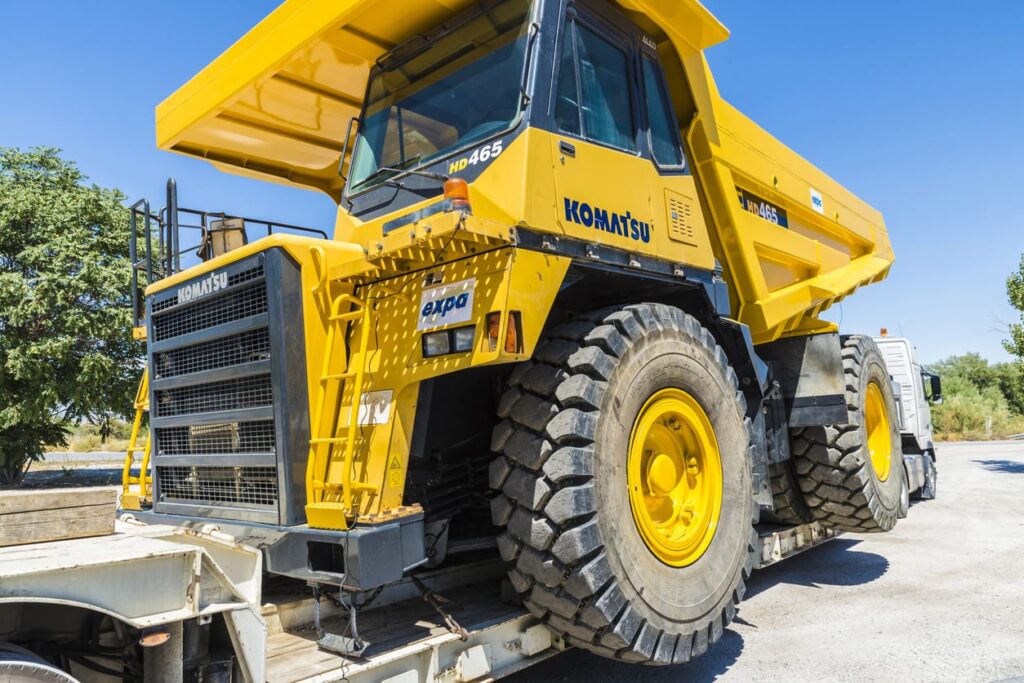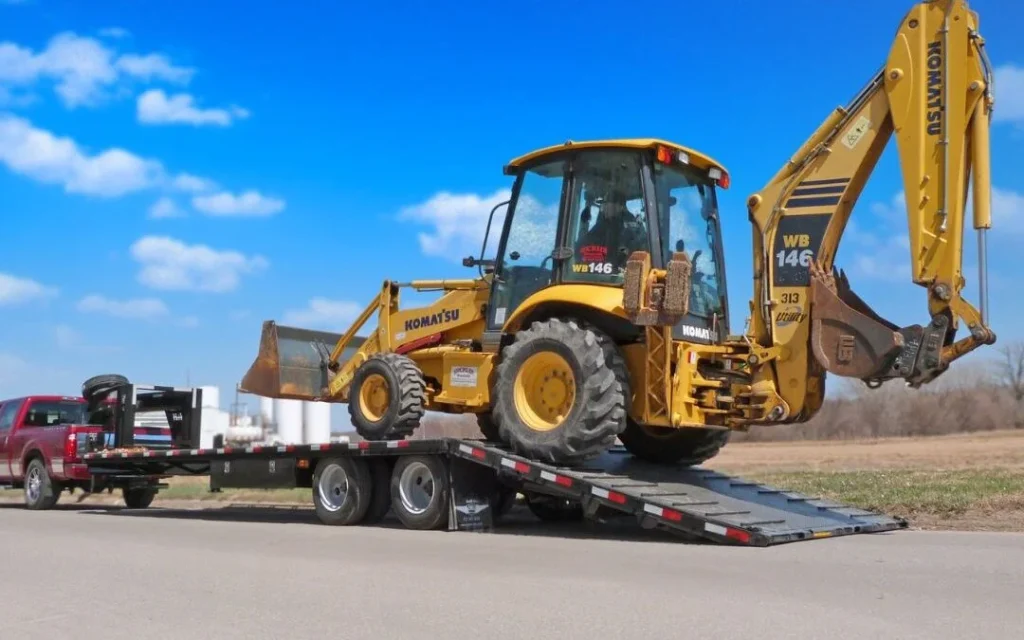HEAVY EQUIPMENT




Our team of experienced professionals handles all necessary permits and route planning, navigating complex regulations to guarantee compliance and safety. With comprehensive insurance coverage and a commitment to timely delivery, American Auto Link provides a stress-free experience, ensuring your heavy equipment reaches its destination efficiently and in perfect condition.The team at American Auto Link is comprised of experienced professionals who manage all aspects of the shipping process, from obtaining necessary permits to detailed route planning. We navigate complex regulations and logistical challenges to ensure compliance and safety, avoiding obstacles such as low bridges and weight-restricted areas. Additionally, we provide comprehensive insurance coverage, giving you peace of mind that your valuable equipment is protected throughout the journey.American Auto Link’s commitment to timely delivery means your equipment arrives at its destination efficiently, ready for immediate use.
THE BEST HEAVY EQUIPMENT SHIPMENT EXPERIENCE
Heavy equipment shipping involves the transportation of large, heavy, and often bulky machinery used in industries such as construction, agriculture, mining, and manufacturing. This type of shipping requires specialized carriers and equipment to safely and efficiently transport oversized loads. Here are some key aspects of heavy equipment shipping:
Key Aspects of Heavy Equipment Shipping
Types of Equipment:
- Construction machinery (e.g., bulldozers, excavators, cranes)
- Agricultural equipment (e.g., tractors, combines)
- Mining machinery (e.g., drilling rigs, loaders)
- Industrial machines (e.g., generators, turbines)
Specialized Trailers:
- Flatbed Trailers: Used for equipment that can be easily loaded and unloaded from the side or above.
- Step Deck Trailers: Have a lower deck height, allowing for taller machinery to be transported without exceeding height restrictions.
- Double Drop Trailers: Feature an even lower deck, ideal for transporting extremely tall equipment.
- RGN (Removable Gooseneck) Trailers: Allow for ground-level loading, making them suitable for heavy and oversized machinery.
Permits and Regulations:
- Transporting heavy equipment often requires special permits due to the size and weight of the load.
- Regulations vary by state and country, necessitating careful planning to ensure compliance with all legal requirements.
Loading and Securing:
- Proper loading techniques are crucial to prevent damage during transit.
- Equipment must be securely fastened using chains, straps, and other tie-down methods to ensure stability.
Route Planning:
- Detailed route planning is necessary to avoid obstacles such as low bridges, narrow roads, and weight-restricted areas.
- Some routes may require escort vehicles for additional safety.
Benefits of Professional Heavy Equipment Shipping
- Expertise: Professional shipping companies have the experience and knowledge to handle complex logistics and ensure safe transport.
- Efficiency: Using specialized equipment and skilled operators ensures timely and efficient delivery.
- Safety: Adhering to safety regulations and best practices minimizes the risk of accidents and damage.
One of the feedbacks we got from our customers, John Thomas said:
I recently used American Auto Link to ship a large piece of construction equipment, and the experience was outstanding. The team was professional and handled all the necessary permits and logistics seamlessly. My equipment was securely loaded and transported safely, arriving on time and in perfect condition. I highly recommend American Auto Link for their exceptional service and reliability.
Common types of heavy equipment that can be shipped include construction machinery (e.g., bulldozers, excavators, cranes), agricultural equipment (e.g., tractors, combine harvesters), mining equipment (e.g., drills, earthmovers), and industrial machinery (e.g., generators, compressors).
Heavy equipment is typically prepared for shipment by securing all movable parts, draining fluids to prevent leaks, disassembling parts if necessary, and cleaning the equipment to meet international shipping regulations. It is also important to check for any necessary permits and documentation.
Heavy equipment can be shipped using various methods including flatbed trucking, container shipping, Roll-on/Roll-off (RoRo) shipping, and using specialized heavy-lift vessels for very large or oversized equipment.
Ready to move your Heavy equipment with American Auto Link?
Our advisors for heavy equipment shipment are available by calling (832) 346-3497 to answer all your questions.
